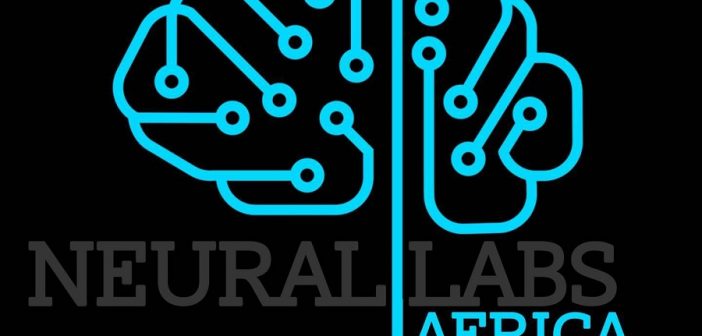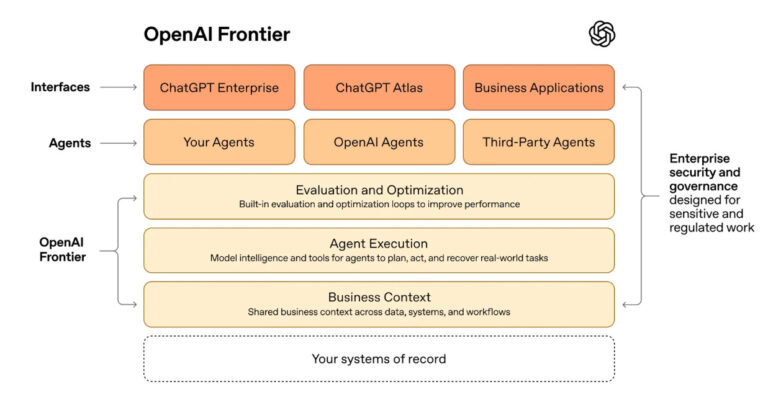Kenyan Startup Neural Labs is using AI-powered imaging to facilitate real-time diagnosis

Neural Labs, a Kenyan startup, uses AI-enabled medical imaging to aid in the real-time diagnosis of various respiratory, heart, and breast diseases and pathologies.
Neural Labs was founded in January 2021 by Tom Kinyanjui and Paul Mwaura Ndirangu, two machine learning engineers, with the goal of reducing Africa’s disease burden and hospital workloads while improving patient outcomes and democratizing access to healthcare.
Over 20 respiratory, heart, and breast diseases and pathologies, including pneumonia, tuberculosis, COVID-19, emphysema, and others, can be identified, labeled, and highlighted by NeuralSight. Since 2020, the co-founders have been working on various AI-focused technologies, eventually focusing on tackling healthcare challenges.
“In 2020, we worked on a number of projects on platforms such as Zindi Africa and Kaggle that focused on improving healthcare delivery through the use of artificial intelligence.” “After identifying a market gap in Africa, we decided to collect data locally and develop AI models in the healthcare space to improve patient care,” Kinyanjui told Disrupt Africa.
In Africa, healthcare services are overburdened while under-resourced, resulting in patient wait times of more than 72 hours for lab results to be analyzed. As a result, treatment is delayed, reducing the chances of survival. NeuralSight’s AI-powered medical imaging platform accelerates the process, and the company is currently conducting clinical trials in Nairobi.
“We’re getting a lot of positive feedback and a lot of requests from hospitals to put our technology in their facilities,” Kinyanjui said.
Neural Labs recently joined the latest Startupbootcamp AfriTech program, which is based in Dakar, and Kinyanjui stated that participating in the accelerator will allow it to conduct trials and collect data in West African countries.
“Currently, NeuralSight is not generating revenue because we are in the final stages of product development,” he explained. “However, revenue streams will be both transactional and subscription-based.”







